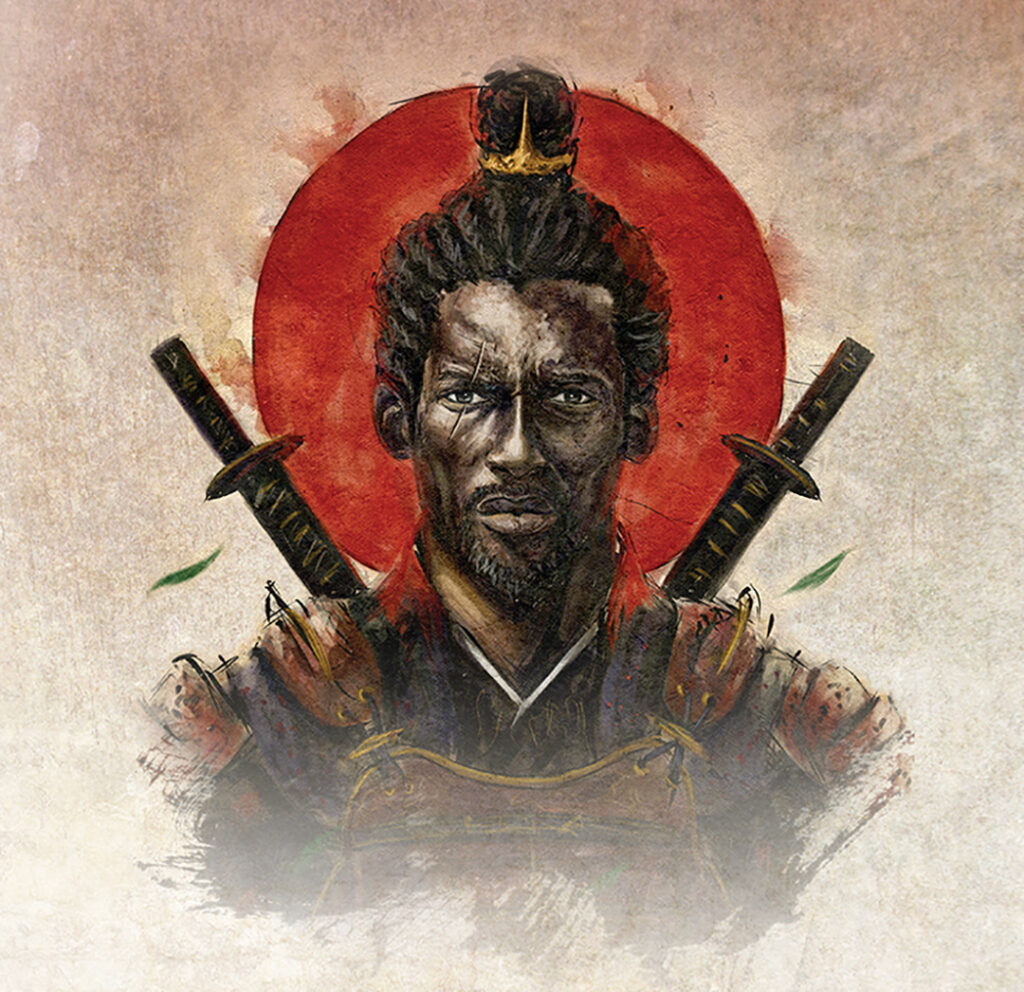In the annals of history, tales of extraordinary individuals often capture our imagination. Yasuke, the black samurai, is one such figure whose story has fascinated people for centuries. Born in an era when Japan was known for its strict feudal hierarchy and homogeneity, Yasuke defied societal norms and became a prominent warrior. His remarkable journey from a foreign land to a revered samurai highlights the multicultural nature of Japan’s history and the resilience of the human spirit.
Early Life and Arrival in Japan
Yasuke’s origins are a subject of much speculation and debate. It is believed that he was born in the early 1550s in Mozambique—an African region known for trading with the Portuguese. Most accounts suggest that he was either a slave or a servant in the service of an Italian Jesuit missionary named Alessandro Valignano. In 1579, Valignano brought Yasuke to Japan, where their arrival turned heads and raised eyebrows.
The Astonishment of the Japanese
Yasuke’s presence in Japan caused a sensation. The people of this insular nation had rarely encountered individuals of African descent, and his imposing stature, dark skin, and foreign features sparked curiosity and awe. Legend has it that crowds would gather to catch a glimpse of the enigmatic black man, and rumors of his immense strength and swordsmanship skills began to circulate.
Joining Nobunaga’s Service
Yasuke’s fateful encounter with the warlord Oda Nobunaga changed the course of his life. Nobunaga, a powerful daimyo who sought to unify a war-torn Japan, was both intrigued and impressed by Yasuke’s physical presence—a stark contrast to the typical Japanese man of the time. Recognizing his potential, Nobunaga welcomed Yasuke into his service and bestowed upon him the rank of samurai—an esteemed position traditionally reserved for the ruling class.
Becoming a Samurai
Yasuke underwent extensive training in martial arts and swordsmanship under the guidance of Nobunaga’s finest instructors. Despite facing cultural and linguistic challenges, he quickly adapted to the rigorous samurai code. Honing his skills, Yasuke not only mastered the art of combat but also learned to speak Japanese fluently, further solidifying his place in Japanese society.
The Battle of Tenmokuzan
During the pivotal Battle of Tenmokuzan in 1582, Yasuke’s true mettle as a warrior was tested. Nobunaga’s forces faced a formidable enemy, Akechi Mitsuhide, who had betrayed his lord and sought to seize power. Despite being outnumbered, Yasuke’s valor and martial prowess stood out. His unyielding spirit inspired those around him and helped turn the tide of the battle.
The Legacy of Yasuke
Nobunaga’s eventual defeat and subsequent death marked a turning point in Yasuke’s life. Following his master’s demise, Yasuke found himself in the service of Nobunaga’s loyal general, Toyotomi Hideyoshi. Although he continued to fight alongside Hideyoshi in various battles, Yasuke eventually left the service of the new warlord and his fate becomes vague after this point.
Historical Controversies
The scarcity of reliable historical records and conflicting accounts has resulted in several controversies surrounding Yasuke’s later life and ultimate fate. Some sources claim he returned to his homeland, while others suggest he disappeared into obscurity in Japan. The lack of concrete evidence has allowed legends and myths to flourish, with some even speculating that he became a pirate or a monk.
Yasuke in Popular Culture
Yasuke’s captivating story has not only endured in the pages of history books but has also found resonance in popular culture. Writers, filmmakers, and artists have drawn inspiration from his life, creating numerous novels, manga, movies, and songs that explore the enigmatic black samurai. His story serves as a reminder of the inherent diversity within historical narratives and challenges the notion of Japan’s homogeneity.
A Remarkable Journey
The tale of Yasuke, the black samurai, exemplifies the resilience of an individual who defied the social constraints of his time. Through his remarkable journey, Yasuke shattered stereotypes and cultural barriers, embracing a foreign land and becoming an esteemed member of Japanese society. His indomitable spirit, martial prowess, and enduring legacy make him a symbol of the multicultural fabric that has woven Japan’s history and a testament to the triumph of the human spirit over adversity.
